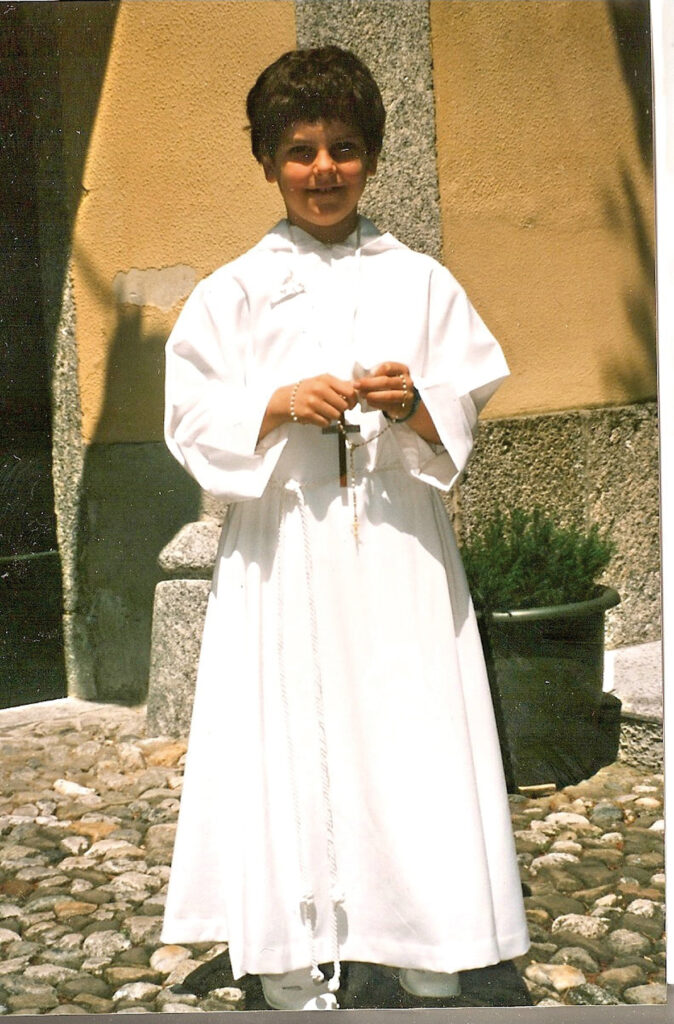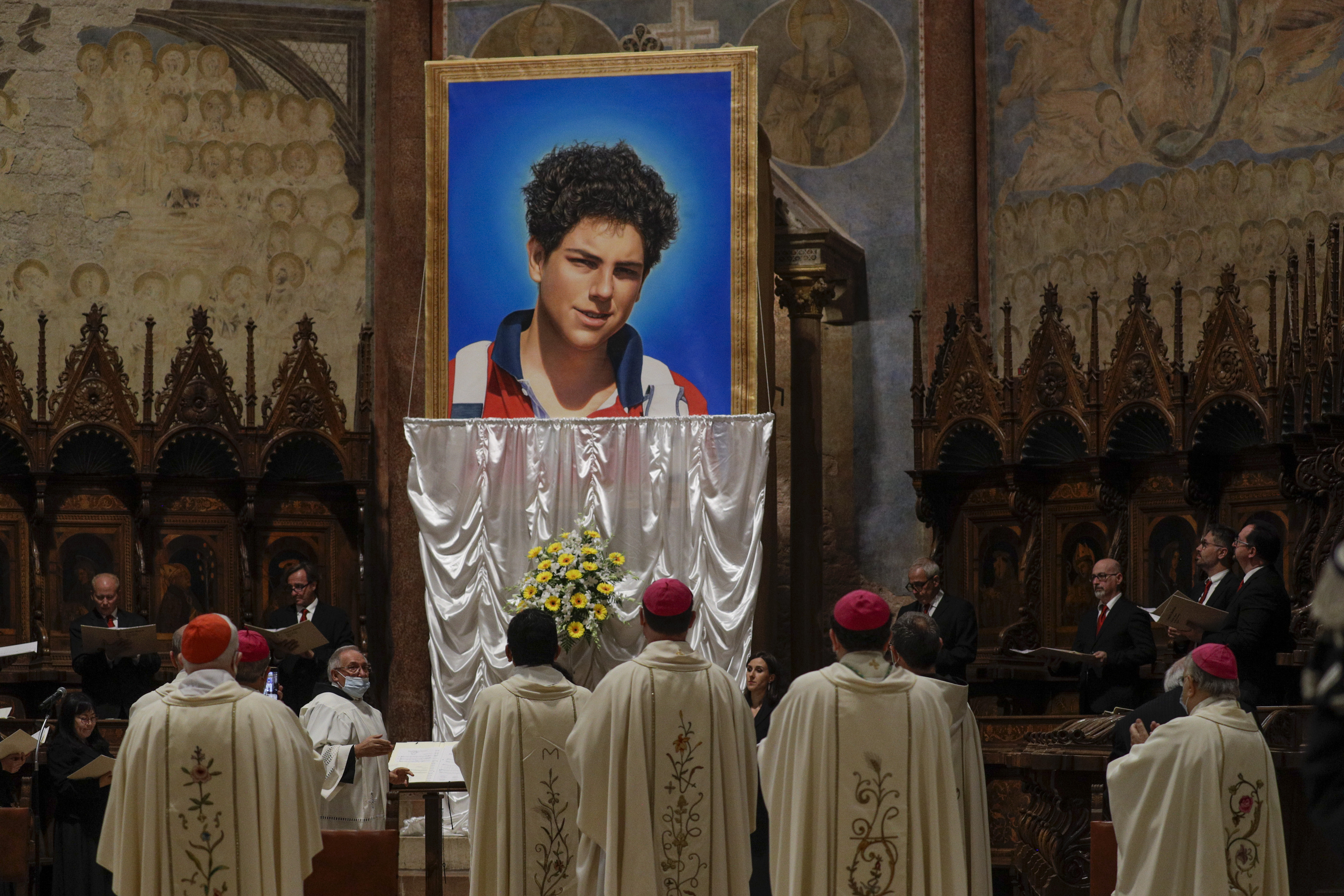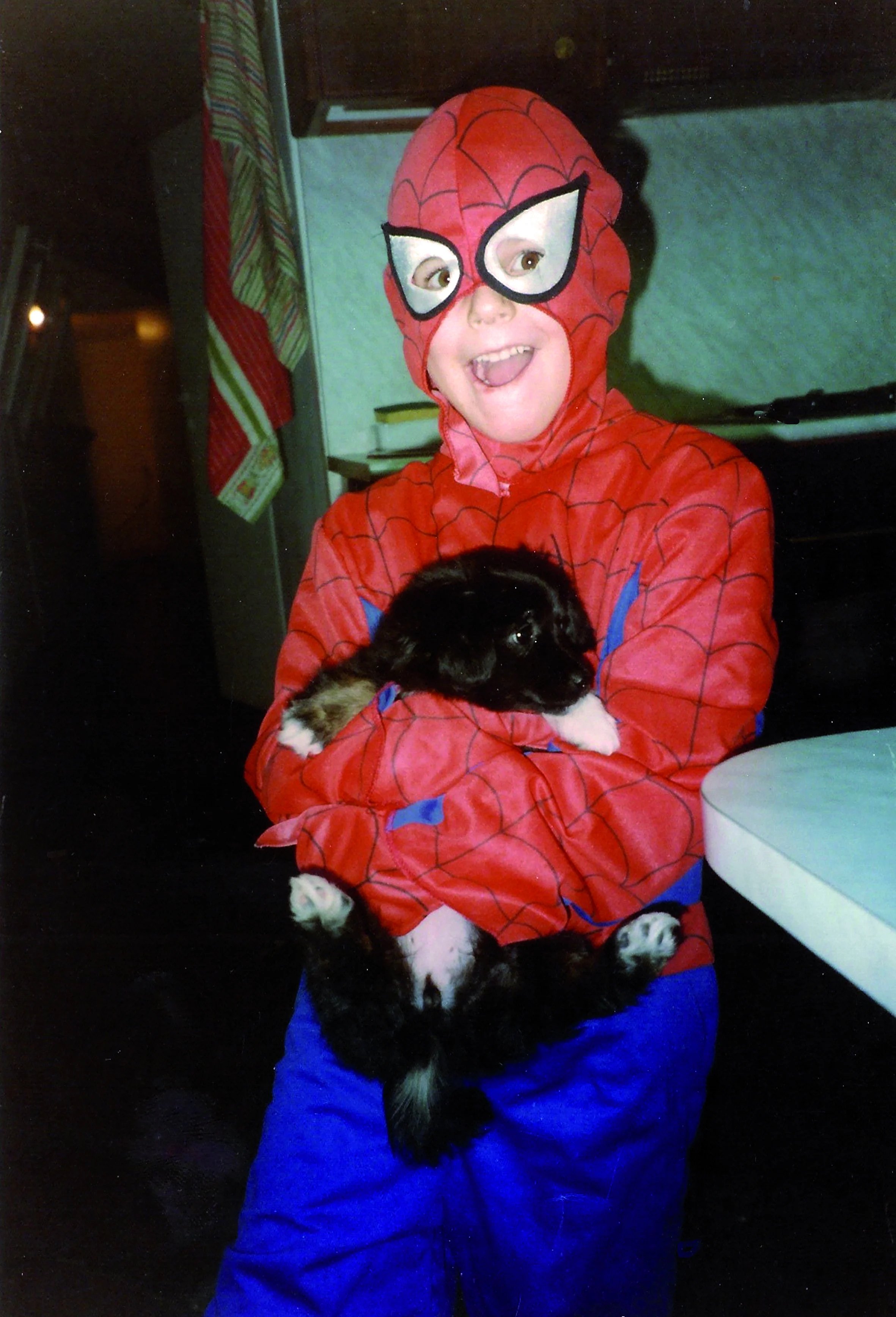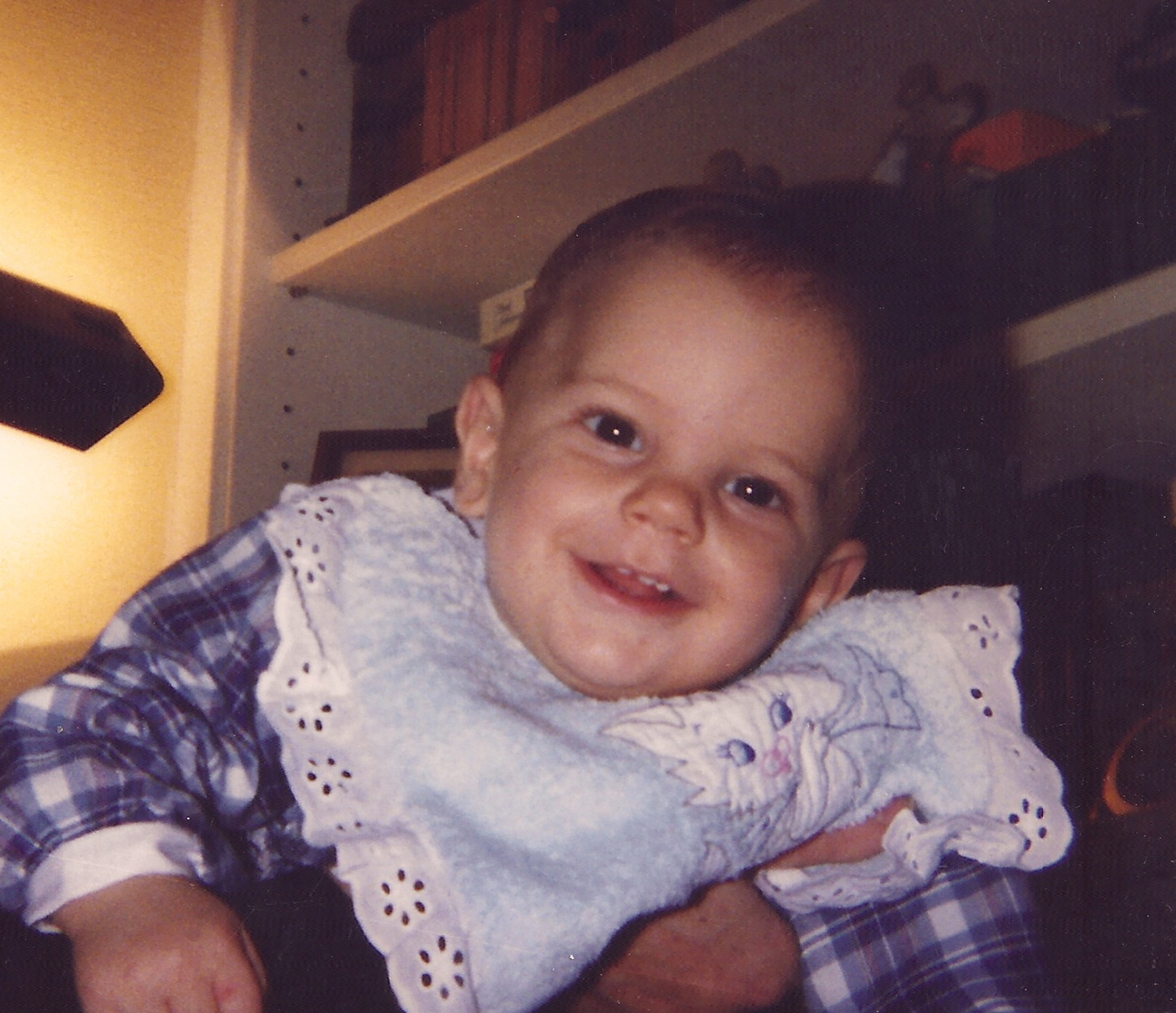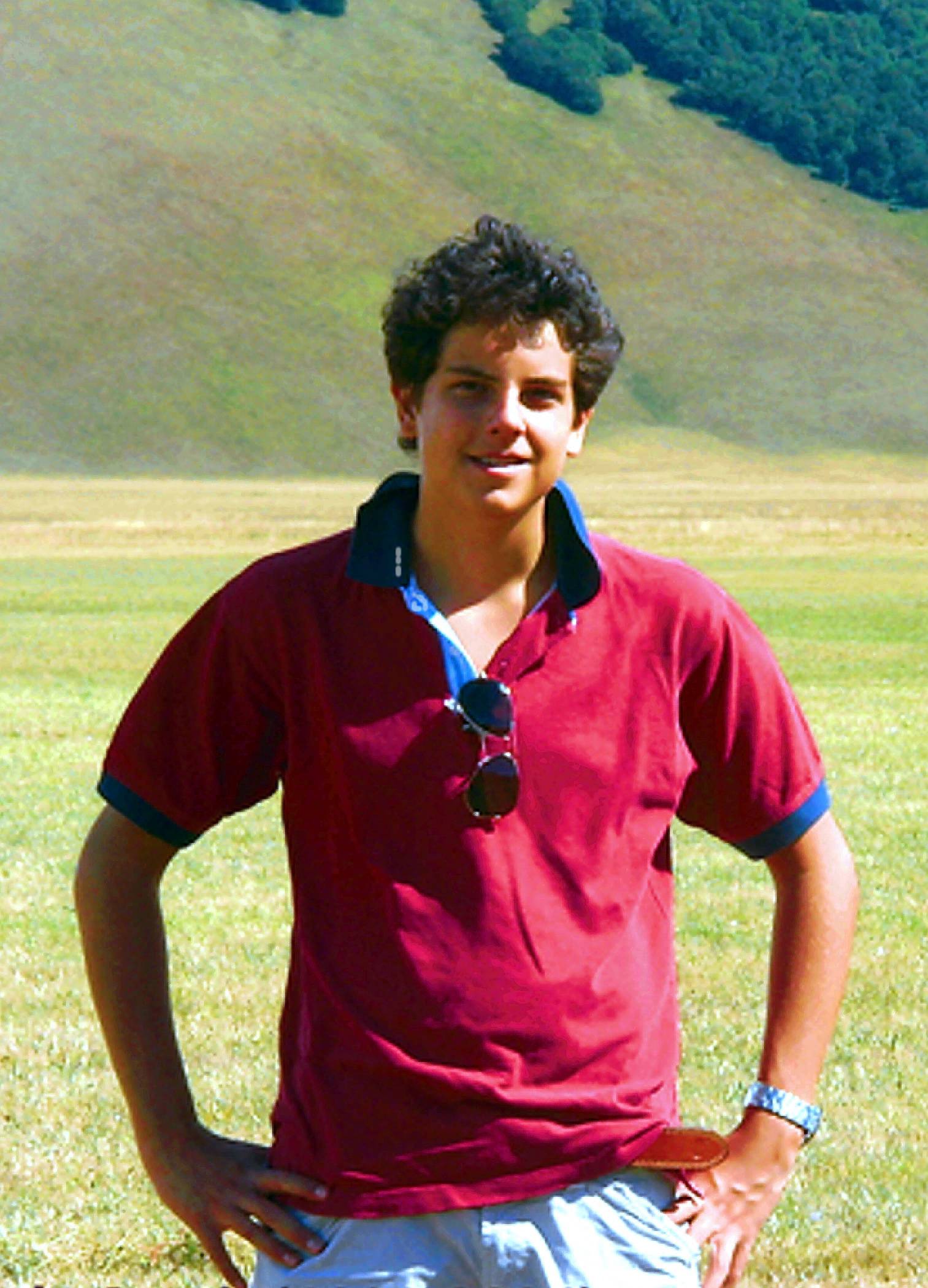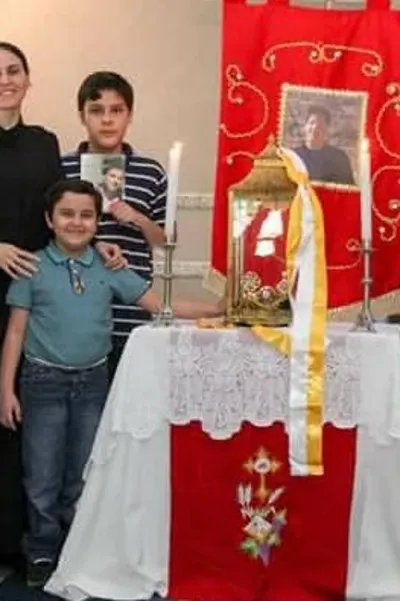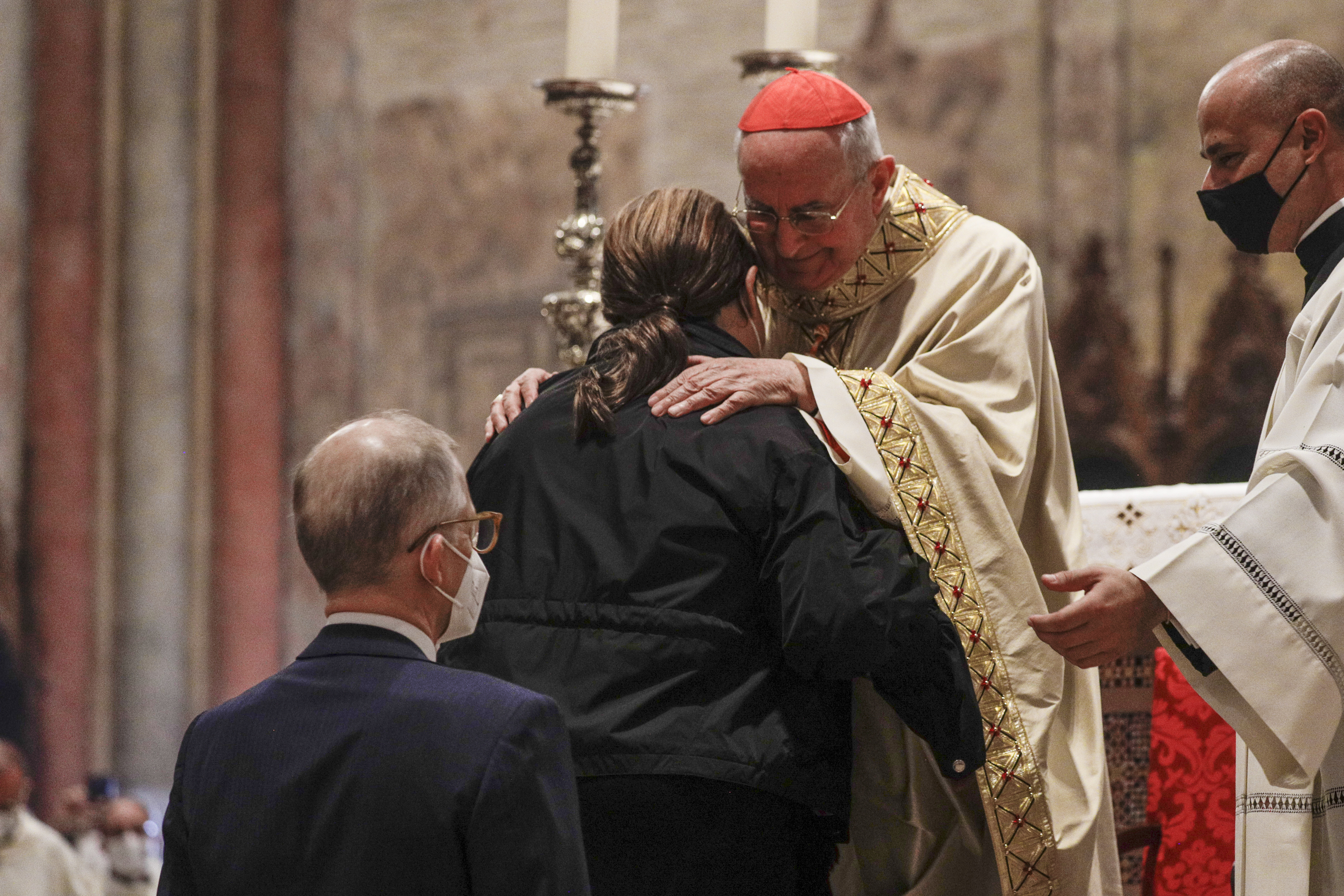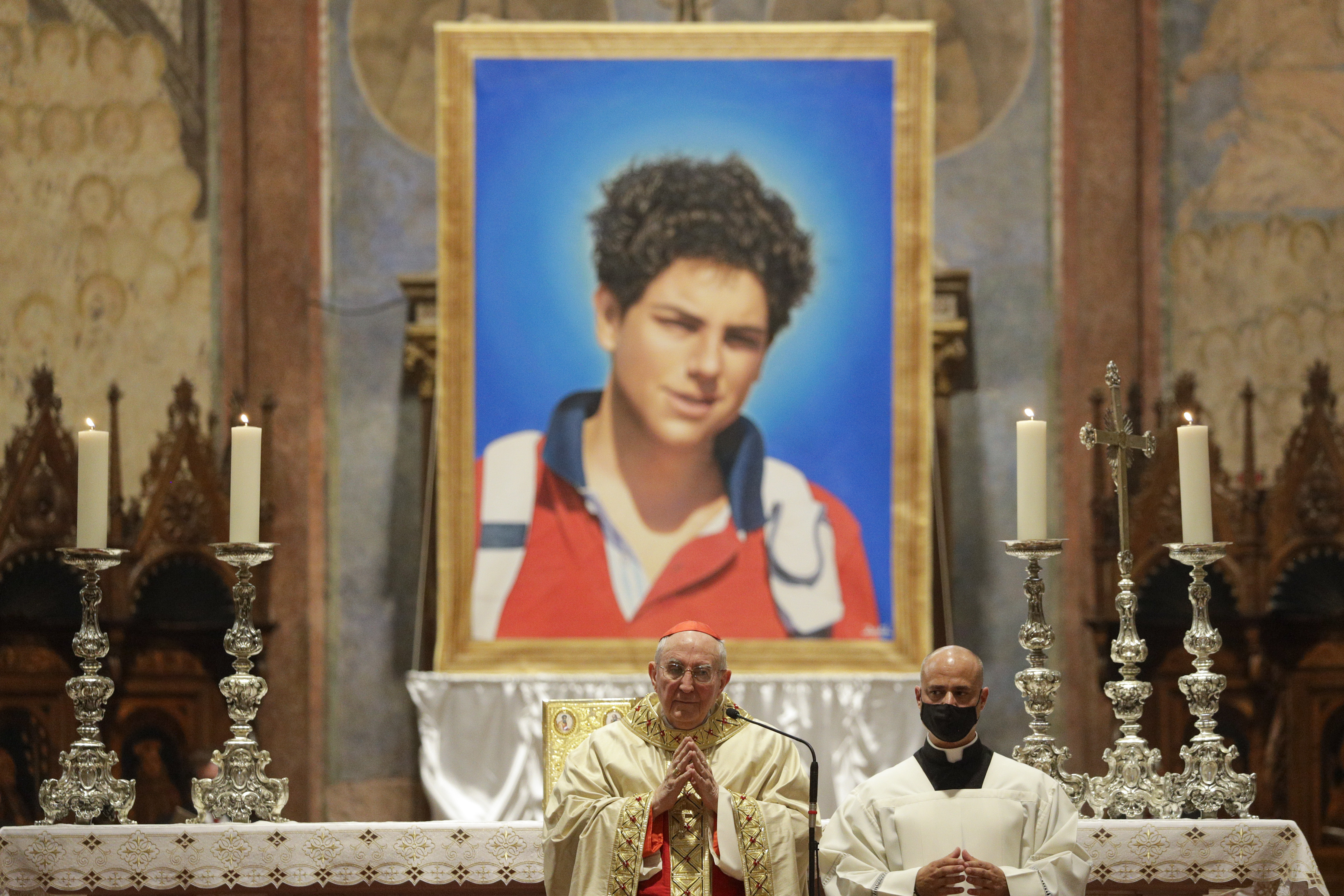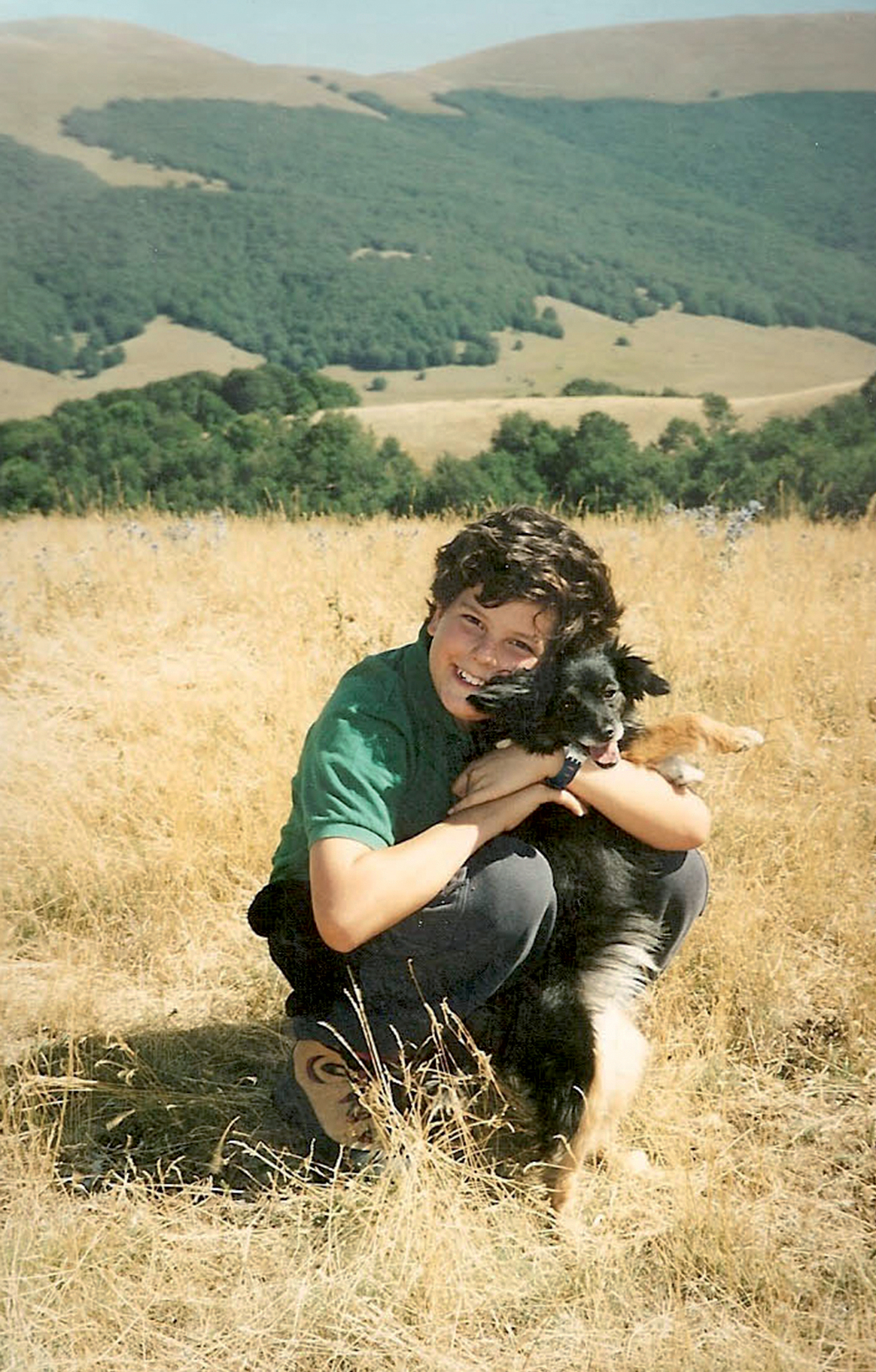TEEN Carlo Acutis is set to be recognised as a saint after he died from leukaemia – and now it is hoped he will become the patron saint of the internet, protecting those online.
This week Pope Francis declared that the 15-year-old, born in London and who died in 2006, was responsible for two healing miracles — of a boy with a diseased pancreas in Brazil and a student in Florence with a head injury.
It means Carlo — dubbed “God’s influencer” for spreading the holy word online — is likely to become the first millennial saint.
The youngster was every bit a 21st-century holy man, creating a website listing all the miracles that have happened in the world and helping others with their tech problems.
He was also renowned for his kindness, bravery, challenging bullies and calling out hateful behaviour by his fellow school pupils.
He would give gifts to the homeless, pick up litter and refuse to wear fancy clothes.
Today, tech buff Carlo has a global online following and there is even a livestream webcam at his grave.
Before his death, he wrote: “Everyone is born as an original, but many people end up dying as photocopies. Don’t let that happen to you.”
Moral code
It is very unusual for people who have died so young and so recently to be named as saints.
Of the 912 people who have been canonised by the present Pope, the most recent was born in 1926.
The previous Brit to be canonised was Cardinal John Henry Newman, who died in 1890, and was only made a saint in 2019.
Carlo was a millennial — someone born between 1981 and 1996. His mum was Italian Antonia Salzano, who gave birth to him in 1991 at the Portland Clinic in central London.
His English-Italian father Andrea Acutis was working here in the insurance business.
Neither parent was particularly religious, but they did have Carlo baptised.
Later in 1991 the family moved to Milan, where he attended school and enjoyed the usual things that other children did.
Antonia, 54, who lived in London for five years, recalled: “He was living the same lives as them, he liked to play video games, use the internet, he liked football.”
But Carlo also had a strong moral code. He hated seeing animals hurt and would speak out if anyone made rude gestures to girls.
He defended disabled pupils when they were harassed and took meals to homeless people. When his grandparents gave him a toy he passed it to the poor.
Antonia recalled: “If I said to him, ‘Let’s buy an extra pair of shoes’, he would get angry — ‘Mum, one pair is enough. Let’s help the poor’.”
Carlo also developed a strong interest in religion, even though it was not part of his home life. His mum admitted: “I was not the ideal model of a Catholic mother.”
I’m happy to die because I’ve lived my life without wasting even a minute of it doing things that wouldn’t have pleased God.
The family think it was two nannies who ignited his interest in the Church. At the age of ten he began his miracles website, The Eucharistic Miracles Of The World, which quickly grew in popularity.
Antonia said: “Carlo was able to use social media and especially the internet as an influencer for God.”
She added: “He was a genius on computers, he used to do statistical problems like a computer engineer when they were attending university. He used to do programming.
“He was very skilled, but he used his skills to evangelise. This is why Pope Francis called him the Influencer of God. He’s influencing more and more young people. He’s an example and he is also followed by non-believers.”
While he liked web surfing and computer games, Carlo also went to Mass daily and to confession every week and had a strong interest in Holy Communion, a Christian rite that reflects the moment Jesus is said to have offered his disciples wine and bread.
But in October 2006 he developed a throat condition, which proved to be something far more serious.
Doctors diagnosed leukaemia, but it was too late to treat it and he died less than two weeks later. Shortly before he passed he told his parents: “I’m happy to die because I’ve lived my life without wasting even a minute of it doing things that wouldn’t have pleased God.”
Antonia said: “Carlo wasn’t scared of death, he said the only thing he was scared of was sin.”
Thanks to Carlo, Antonia found her faith again, and it helped her get through the pain of his death.
She said: “Without the faith, I don’t know how we could accept the death of an only child.”
Four years after Carlo died, Antonia had twins, as word of his good deeds was spreading among the Catholic community.
Three churches in Wolverhampton established the Parish of Blessed Carlo Acutis.
And his name spread across the globe, with priests as far afield as South and Central America preaching in his name.
For his first miracle in 2013 a family in Brazil prayed for three days with a priest who was “devoted to Carlo” and on the third day their diseased child could eat again.
Then, in 2022, a 21-year-old woman from Costa Rica suffered a serious brain injury while she was in Florence, and her family went to Carlo’s tomb 100 miles south in Assisi to pray for her. She later made a full recovery.
MIRACULOUS ACTS
A team from the Vatican was sent out to assess both stories and reported back to the Pope, who decided they were miraculous acts.
Carlo’s mum added: “Since he died, a woman with breast cancer prayed to Carlo and was cured.
“There was a 44-year-old woman who prayed to Carlo and after one month was pregnant. We have received lots of information about healings and miracles.” Francis is a modern Pope who recognises the power and dangers of the digital universe.
In a 2019 speech about the perils of the internet, he said of Carlo: “He saw that many young people, wanting to be different, really end up being like everyone else, running after whatever the powerful set before them with the mech- anisms of consumerism and distraction.”
Archbishop Giovanni Becciu, the previous head of the Church’s Congregation for the Causes of Saints, which decides on canonisation, even suggested making Carlo the patron saint of the internet.
Carlo was beatified, the step before sainthood, in 2020.
Anyone who has dealt with computer problems may have had a strong urge to pray for help.
So maybe next time they should seek help from “God’s Influencer”.

